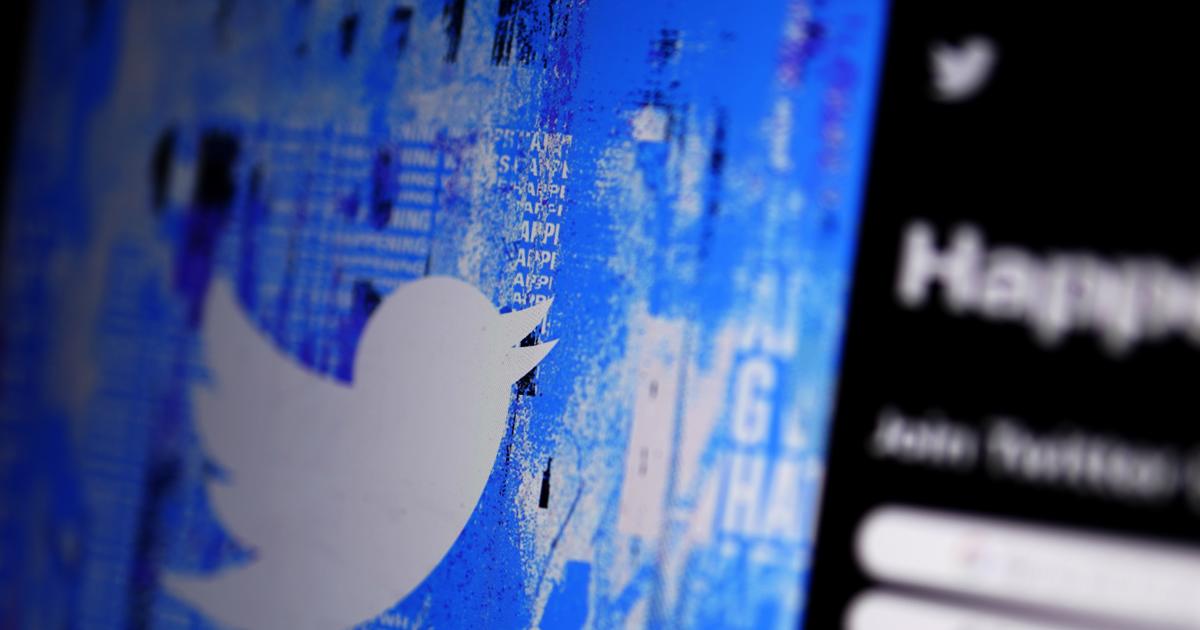
Republicans’ and Democrats’ views of Twitter have moved in opposite directions since Elon Musk’s takeover last fall. A Pew Research poll published today found that Republicans are more likely to see the social platform in a positive light than two years ago, while Democrats’ views have moved on a divergent path. Although the results reflect what already appeared to be common sense — Republicans like it when the platform’s new leader amplifies far-right views while Democrats don’t — this is some of the first hard data we’ve seen to confirm that.
The portion of Republican and Republican-leaning Twitter users who believe the platform is “mostly bad” for US democracy dropped significantly to 21 percent from 60 percent two years ago. Similarly, Republicans who say the platform is “mostly good” for democracy rose from 17 percent to 43 percent in those two years. Meanwhile, Democrats’ views of Twitter as being good for democracy dropped from 47 percent in 2021 to 24 percent today; their view of the site being bad for democracy also increased from 28 percent to 35 percent.
However, both parties surveyed increasingly believe Twitter doesn’t affect American democracy. In 2021, 22 percent of Republicans answered that the social media platform had no impact, while 23 percent of Democrats agreed. Today, 36 percent of Republicans said it has no effect, and Democrats’ views on Twitter’s democratic irrelevance grew to 40 percent.
Meanwhile, the gap in the US political parties’ views on misinformation and abuse on the platform is also widening. For example, 68 percent of Democrats surveyed say “inaccurate or misleading information” is a problem on the platform (up from 54 percent in 2021), compared to 37 percent of Republicans who believe it’s a problem (compared to 52 percent two years ago). Similarly, 65 percent of Democrats say harassment and abuse are concerns (a rise from 50 percent in 2021), while 29 percent of Republicans agree (down from 41 percent in 2021).
Researchers (and anyone paying attention) have noted Musk’s increasingly conspiratorial posts and amplification of hate-mongering on the far right since the self-proclaimed centrist and free-speech absolutist took over. After he bought Twitter for $44 billion in October, researchers noted a quick rise in hate speech and misinformation. For example, in the week before the takeover, Montclair State University researchers found 84 tweets per hour using “homophobic, antisemitic and racial hate terms;” they found over 4,778 tweets fitting those criteria in the first 12 hours of Musk’s reign on October 28th.
“The way that Twitter’s content moderation has changed since [Musk has] taken over has definitely skewed towards favoring the far-right,” JM Berger, a researcher on extremism in social media, told Insider in December. “I think he’s intentionally empowering right-wing extremists. Any argument that he’s trying to empower the center is patently bullshit and should be treated as such.”
Musk tweeted the transphobic and conspiratorial double whammy in December: “My pronouns are Prosecute/Fauci.” Additionally, in a since-deleted tweet posted in October, he shared a link to a site spreading conspiracy theories about the assault on Nancy Pelosi’s husband, Paul, insisting there may be “more to the story.” Then, in early December, he reinstated the account of the creator of a Neo-Nazi website. And, of course, he also invited Donald Trump back to the platform in November after the former President was banned for inciting an insurrection in January 2021.
“The danger here is that in the name of ‘free speech,’ Musk will turn back the clock and make Twitter into a more potent engine of hatred, divisiveness, and misinformation about elections, public health policy, and international affairs,” said Paul Barrett, deputy director of NYU’s Stern Center for Business and Human Rights, in October. “This is not going to be pretty.”


